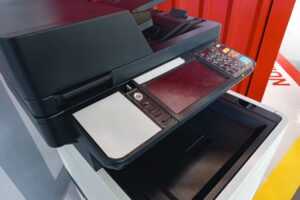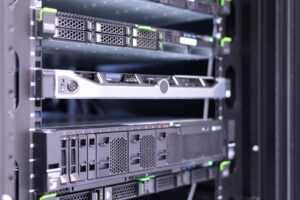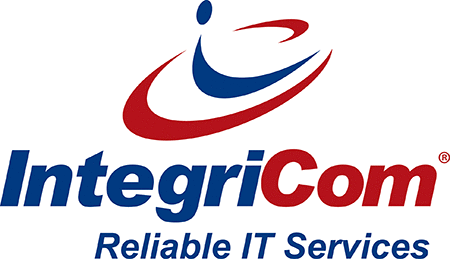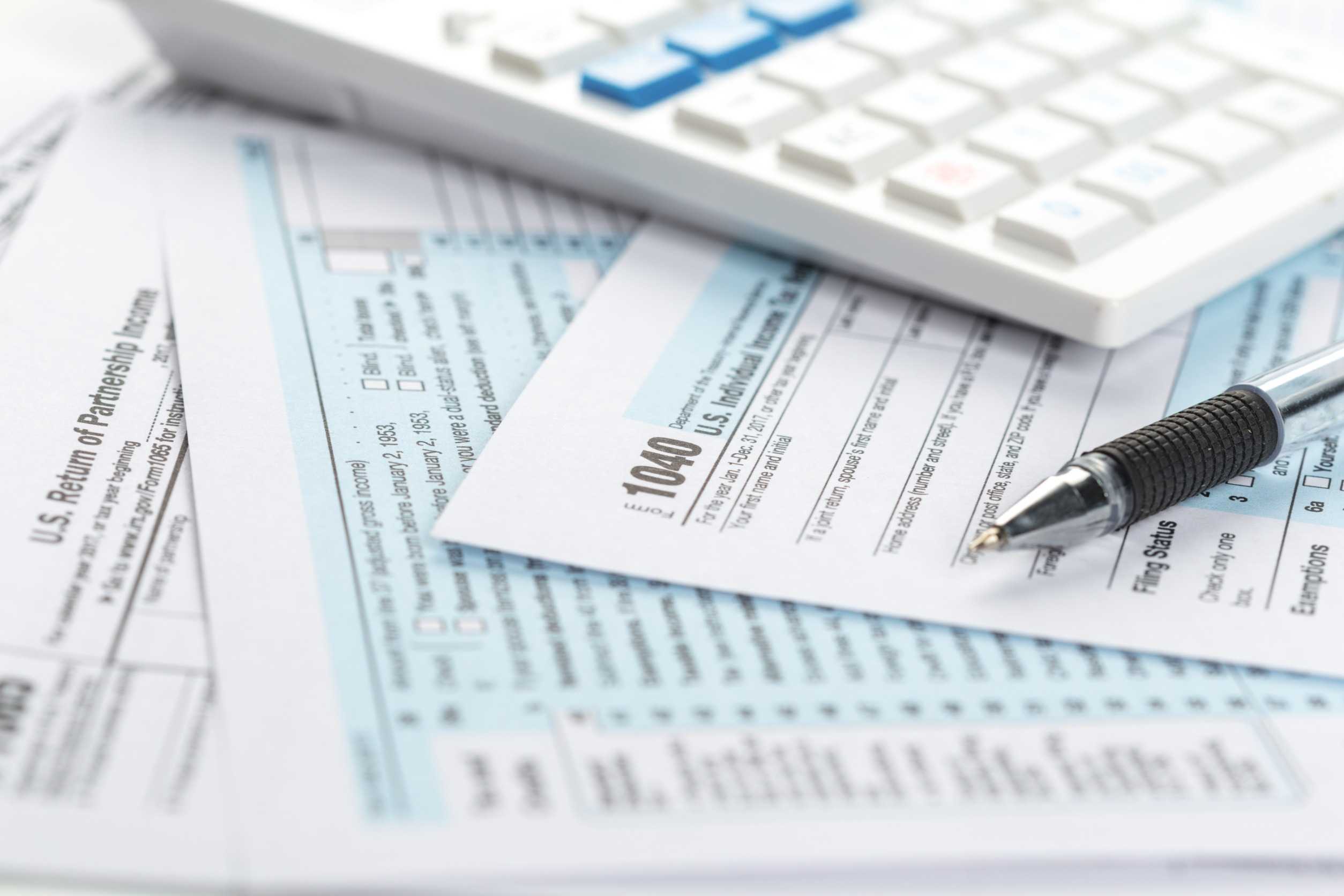Table of Contents
- Introduction
- Can Section 179 be taken on software?
- Can you deduct technology expenses?
- Can you take Section 179 on computer equipment?
- Can you take Section 179 on used equipment?
- Can you take Section 179 on computers?
- Is a computer 100% tax deductible?
- What is Section 179 of computer hardware?
- What is Section 179 financing deduction?
- How Does Financing Equipment and Section 179 Work?
- What Technology Products Qualify for the Section 179 Deduction?
- Summary
This article is in conjunction with our previous article about buying technology hardware.
Introduction
In the ever-evolving landscape of technology, businesses often find themselves investing heavily in software, computer equipment, and hardware to stay competitive. Understanding the tax implications of these investments is crucial for optimizing financial strategies. In this article, we will explore and demystify various questions related to Section 179, a tax provision that can significantly impact your bottom line when it comes to technology expenses.
Can Section 179 be taken on software?
Yes, Section 179 can be applied to software purchases for business use. This tax provision allows you to deduct the full cost of qualifying software in the year it is placed into service, rather than depreciating it over time. Eligible computer software can be expensed under Section 179. This includes off-the-shelf software, custom software, and cloud-based solutions, as long as they are used for business purposes.
 Can you deduct technology expenses?
Can you deduct technology expenses?
Section 179 facilitates the deduction of technology expenses. It permits businesses to deduct the full purchase price of qualifying equipment and software financed or purchased during the tax year, up to a specified limit.
Can you take Section 179 on computer equipment?
Absolutely. Section 179 is applicable to a wide range of tangible business assets, including computer equipment. This includes hardware like servers, laptops, and desktop computers.
 Can you take Section 179 on used equipment?
Can you take Section 179 on used equipment?
Yes, Section 179 is not limited to new equipment. Used equipment also qualifies for the deduction, making it a valuable option for businesses looking to maximize their tax benefits when acquiring pre-owned technology assets.
Can you take Section 179 on computers?
Certainly. Computers, being a fundamental tool for business operations, are eligible for Section 179 deductions. This includes not only the cost of the computer itself but also related peripherals and components.
Is a computer 100% tax deductible?
Under Section 179, the entire cost of a computer can be deducted in the year it is placed into service, up to the annual limit set by the IRS. This can provide businesses with substantial tax savings and improved cash flow.
 What is Section 179 of computer hardware?
What is Section 179 of computer hardware?
Section 179 is a tax provision that allows businesses to deduct the full cost of qualifying computer hardware in the year it is placed into service. This includes servers, routers, and other tangible assets crucial to a business’s technological infrastructure.
What is Section 179 financing deduction?
Section 179 financing deduction refers to the ability to deduct the cost of financed equipment, including technology assets, under Section 179. This provision encourages businesses to invest in technology by providing immediate tax benefits for financed acquisitions.
How Does Financing Equipment and Section 179 Work?
When financing equipment, businesses can still benefit from Section 179 deductions. The financed amount is considered as the cost of the equipment, and the business can deduct the full cost, subject to the annual limit.
 What Technology Products Qualify for the Section 179 Deduction?
What Technology Products Qualify for the Section 179 Deduction?
A wide array of technology products qualifies for the Section 179 deduction. This includes computers, servers, software, networking equipment, and more. Businesses should ensure that the technology investments meet the IRS criteria for eligibility.
Summary
Understanding the intricacies of Section 179 is essential for businesses aiming to leverage tax incentives for their technology investments. By carefully navigating the guidelines and taking advantage of this provision, businesses can not only enhance their technological capabilities but also enjoy significant tax savings. Always consult with a tax professional to ensure compliance with the latest regulations and to optimize your tax strategy based on your unique business circumstances.


